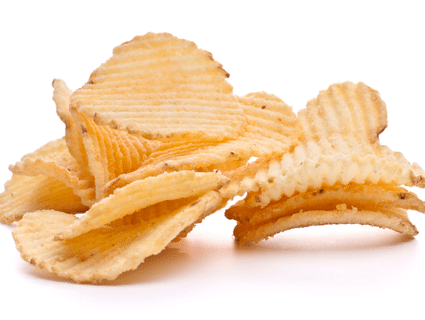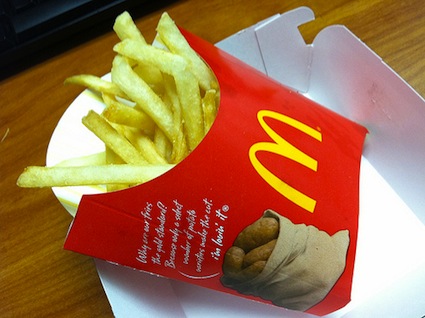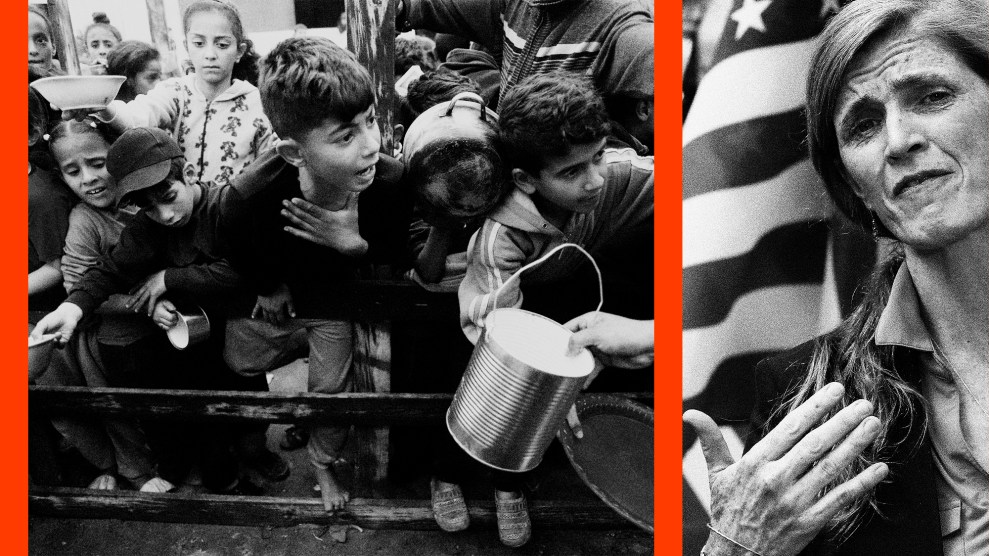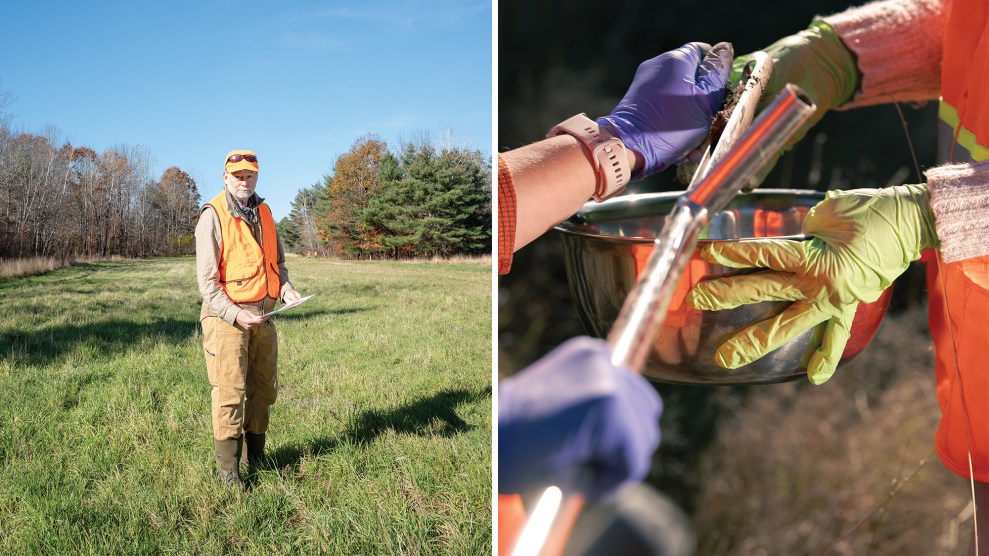
<p><a href="http://www.shutterstock.com/pic-111946811/stock-photo-potato-chips-isolated-on-white-background.html?src=468tkkJSHxRm853aTfX4ww-1-21" target="_blank">Nattika</a>/Shutterstock</p>
Of all the Food and Drug Administration’s bows to Big Food—examples here, here, here, and here—perhaps the most pernicious is the status it has long bestowed on partially hydrogenated oils, also known as trans fat: “generally regarded as safe.”
With trans fat deemed “GRAS,” the food industry has been free to dump the cheap butter substitute in a whole array of foods for decades. Meanwhile, the public health community generally regards the stuff as quite ruinous to a bodily organ generally regarded as critical to one’s health: the heart. The Harvard School of Public Health calls it the “worst fat for the heart, blood vessels, and rest of the body.”
After decades of fending off demands, the FDA finally required food manufacturers to label trans fats starting in 2006. And just today, the FDA announced it had begun the process of revoking trans fat’s “generally regarded as safe” status. The process begins with a 60-day comment period. If the agency follows through, any foods containing trans fats will be “considered adulterated under U.S. law, meaning they cannot legally be sold,” the FDA wrote in its press release.
For the industry-addled history of the FDA’s effort to reckon with the health menace of trans fats, see this post from last year.












